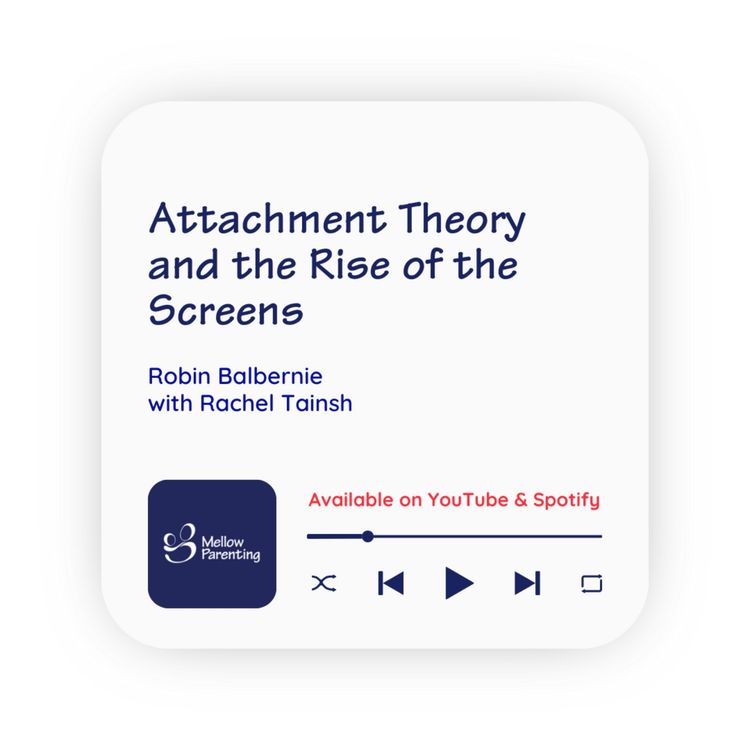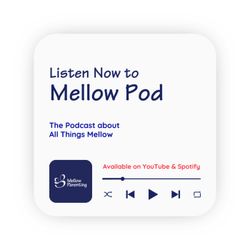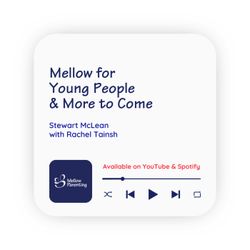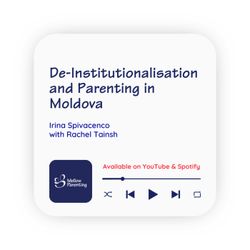Share

Mellow Parenting
Attachment Theory and the Rise of the Screens
Season 1, Ep. 2
•
What benefit can reading Mandarin fairy stories to infants in English language only homes do? And what’s the irreconcilable paradox of disorganised attachment?
Listen to the latest episode of Mellow Pod and listen to infant mental health specialist Robin Balbernie discuss one of the foundational frameworks of Mellow Parenting: attachment theory.
More episodes
View all episodes

4. What is Mellow Growing Together?
10:26||Season 1, Ep. 4In this episode of Mellow Pod, Raquib Ibrahim, CEO at Mellow, opens up about our new delivery model expanding to online groups and one-to-one support at home, and unpacks our new programme: Mellow Growing Together.Find out more about how Mellow has responded to the needs of parents and services to offer alternative levels of support that are affordable and deliverable.
3. Mellow for Young People and More to Come
17:55||Season 1, Ep. 3In this episode of Mellow Pod, Stewart McLean, National Development Officer at Mellow, discusses the importance of giving a voice to young people.Find out more about our Mellow for Young People programme and tune in to have a peek at what’s coming at Mellow in 2024!
1. De-institutionalisation and Parenting in Moldova
29:38||Season 1, Ep. 1For the first episode of Mellow Pod, we are in conversation with Irina Spivacenco about the changing landscape of child welfare in Moldova.Rachel Tainsh, Programme & International Development Lead at Mellow, discusses the de-institutional agenda and highlights some of the challenges of introducing a more relational approach to the emerging social services in the country.